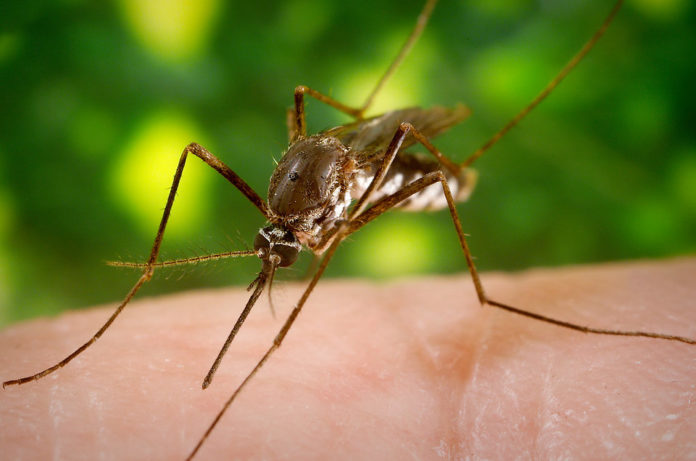Activation of natural killer cells by malaria parasite reveals a possible molecular target to control malaria infection in humans
Malaria – infected red blood cells trigger the immune system’s first line of defense by releasing small vesicles that activate a pathogen recognition receptor called MDA5, according to a study published in the open-access journal PLOS Pathogens.
Malaria is a major public health concern caused by parasitic microorganisms that belong to the genus Plasmodium. Malaria kills some 445,000 people each year, according to the World Health Organization (WHO). About 95% population in India resides in malaria endemic areas and 80% of malaria reported in the country is confined to areas consisting 20% of population residing in tribal, hilly, difficult and inaccessible areas.
A better understanding of early host response and the determinants of immunity are essential to developing innovative therapeutic approaches. Natural killer cells are important immune cells that provide the first line of defense against malaria infection but show significant differences in their responses in the human population. This study analyzed transcriptional differences between human natural killer cells that respond and don’t respond to malaria infection.
Treatment with a small molecule that activated MDA5 restored the ability of non-responder natural killer cells to clear infected red blood cells
Previous studies have shown, how Plasmodium parasites undergo a clinically silent expansion phase in the liver before symptoms develop, that is supposedly undetected by the host by activating a type I IFN (Interferon I) response via the cytosolic pathogen recognition receptor called MDA5.
Natural killer cells that responded to Plasmodium-infected red blood cells had higher levels of MDA5, which was activated by small vesicles released from the infected cells. Treatment with a small molecule that activated MDA5 restored the ability of non-responder natural killer cells to clear infected red blood cells. The findings suggest that MDA5 could contribute to variation in natural killer cell responses to malaria infection in the human population. Moreover, the study provides new insights into a mechanism by which natural killer cells are activated by parasites and reveals a possible molecular target to control malaria infection in humans.
“The study reveals how natural killer cells recognize parasite-infected red blood cells and possible approaches to treat malaria infection by boosting host immunity,” said corresponding author Jianzhu Chen of the Massachusetts Institute of Technology.


